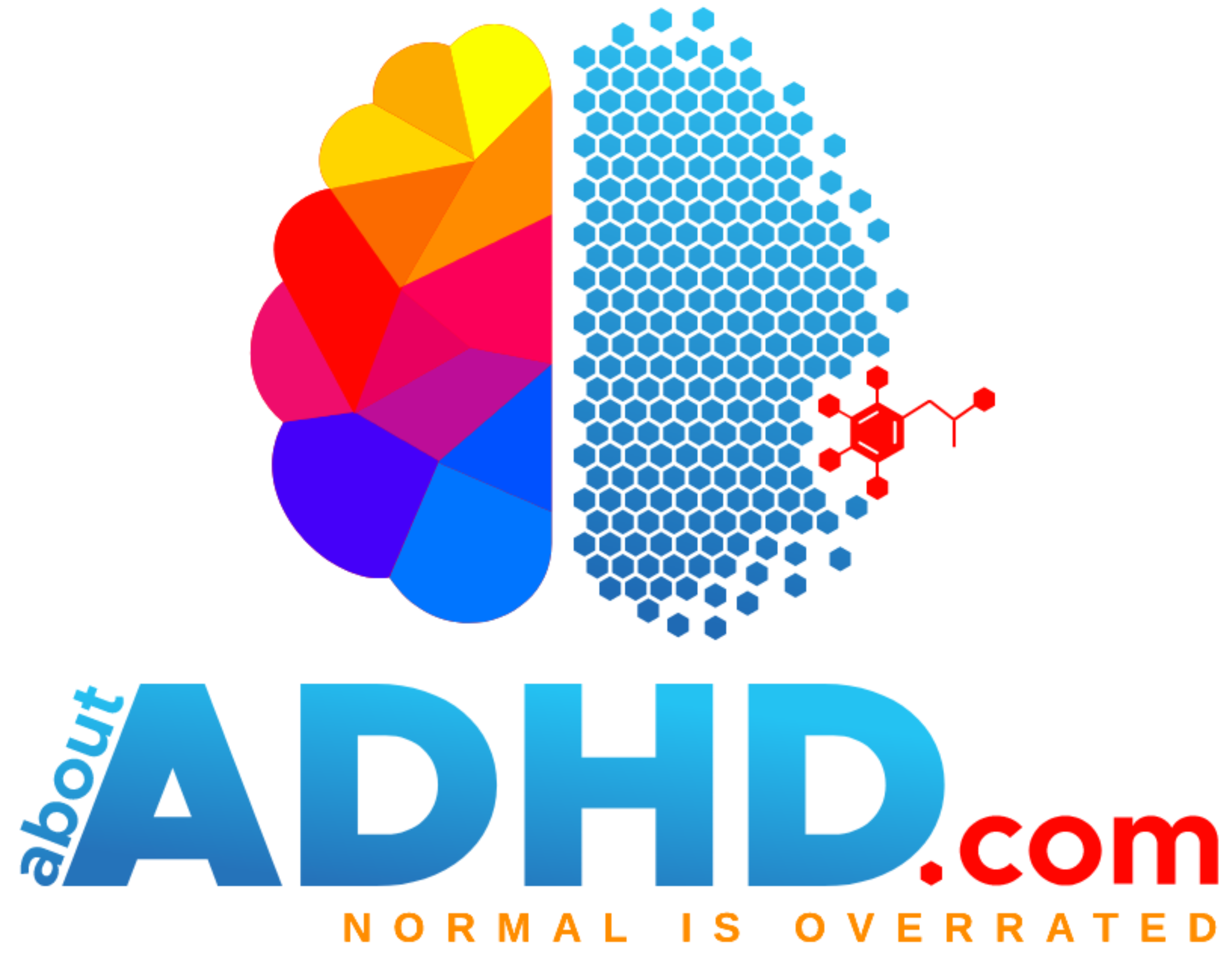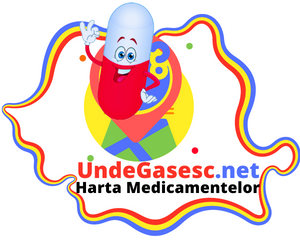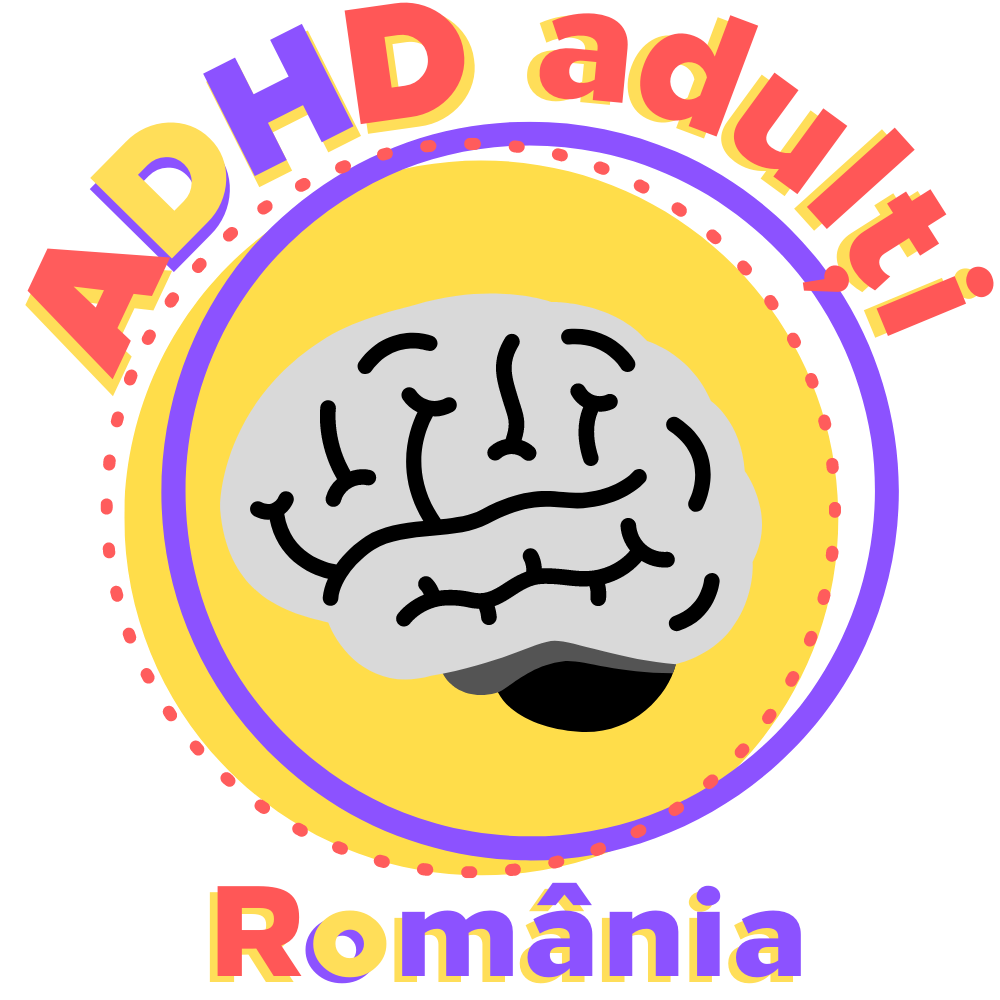Methylphenidate is a psychostimulant drug that has been used to treat cancer-related fatigue (CRF) in patients with advanced cancer (Centeno et al., 2022). Although not directly used to treat cancer itself, it has been studied for its potential to alleviate fatigue and improve quality of life in cancer patients.
Methylphenidate, a central nervous system stimulant, is commonly used in the treatment of cancer to alleviate symptoms such as depression, drowsiness, cognitive abnormalities and fatigue (Sood et al., 2006). Numerous studies have been conducted to evaluate the efficacy and safety of methylphenidate in the management of cancer-related fatigue (CRF) (Yennurajalingam et al., 2011). Several small pilot studies and adequately powered studies have demonstrated the efficacy of methylphenidate in treating these symptoms (Sood et al., 2006). Methylphenidate was found to be well tolerated and demonstrated significant improvement in fatigue levels in cancer patients (Kapoor, 2012). It has also been shown to improve attention, academic performance, language skills, memory and behaviour in children with brain tumours or acute lymphatic leukaemia (Challman & Lipsky, 2000).
The use of methylphenidate in the treatment of cancer is supported by the medical literature, which recognizes its palliative benefits in relieving symptoms in cancer patients (Rozans et al., 2002). Placebo-controlled studies have documented the efficacy of methylphenidate as an adjuvant agent in the treatment of depression and pain in cancer patients receiving palliative care (Sullivan et al., 2016). In addition, methylphenidate has been found to be effective in reducing cancer-related fatigue and improving quality of life in patients with various types of cancer (Yennurajalingam et al., 2011). A meta-analysis of randomized controlled trials also showed the therapeutic effect of methylphenidate on CRF (Gong et al., 2014).
Specific patient characteristics associated with a positive response to methylphenidate treatment for CRF have been investigated (Yennurajalingam et al., 2011). Treatment response at treatment initiation has been found to be a good predictor of long-term improvement (Kapoor, 2012). However, randomised controlled trials have shown mixed results regarding the efficacy of methylphenidate for CRF (Yennurajalingam et al., 2011). Further research and placebo-controlled studies are needed to better understand the precise role of methylphenidate in relieving symptoms in cancer patients (Rozans et al., 2002).
Dosage and administration of methylphenidate in cancer treatment may vary. It is usually given twice daily, at breakfast and lunch, to minimise insomnia (Breitbart & Alici, 2008). The use of methylphenidate in paediatric neuro-oncology services has been explored and has been proposed as a strategy to rehabilitate neurocognitive deficits in childhood cancer survivors (Hagan et al., 2022). However, barriers to the use of methylphenidate in paediatric neuro-oncology services have been identified, such as limited knowledge of the evidence base and inadequate resources (Hagan et al., 2022).
In a study evaluating the efficacy of methylphenidate for reducing cancer-related fatigue, it was found that methylphenidate treatment did not affect patients’ most severe level of fatigue or other symptoms (Escalante et al., 2014). However, it did show significant improvement in patients’ verbal learning, memory, visual perception, analysis and scanning speed. Patients treated with methylphenidate also missed fewer hours of work for health reasons and worked more hours (Escalante et al., 2014).
A retrospective study evaluating the role of methylphenidate in treating fatigue in patients with advanced pancreatic cancer found that fatigue scores of 55% of patients improved by one degree, 8% by two degrees, and in 23% fatigue resolved, while 14% did not receive treatment (Jiang et al., 2016).
A network meta-analysis of randomized controlled trials comparing the efficacy and safety of methylphenidate and ginseng in treating cancer-related fatigue found that both treatments can significantly improve CRF, with ginseng potentially being more effective and causing fewer adverse events (Li et al., 2023).
In conclusion, methylphenidate is commonly used in the treatment of cancer to alleviate symptoms such as depression, drowsiness, cognitive abnormalities and fatigue. It has been shown to be effective and well tolerated in managing cancer-related fatigue and improving quality of life in cancer patients. However, further research and placebo-controlled studies are needed to better understand its precise role and to identify specific patient characteristics associated with a positive response to methylphenidate treatment.
Bibliography:
Breitbart, W. and Alici, Y. (2008) Pharmacologic treatment options for cancer-related fatigue: current state of clinical research. Clinical Journal of Oncology Nursing, 12(0), 27-36. https://doi.org/10.1188/08.cjon.s2.27-36
Centeno, C., Rojí, R., Portela, M. A., De Santiago, A., Cuervo, M. A., Ramos, D., Gandara, A., Salgado, E., Gagnon, B., & Sanz, A. (2022). Improved cancer-related fatigue in a randomised clinical trial: methylphenidate no better than placebo. BMJ supportive & palliative care, 12(2), 226-234. https://doi.org/10.1136/bmjspcare-2020-002454
Challman, T. and Lipsky, J. (2000). Methylphenidate: its pharmacology and uses. Mayo Clinic Proceedings, 75(7), 711-721. https://doi.org/10.4065/75.7.711
Escalante, C. P., Meyers, C., Reuben, J. M., Wang, X., Qiao, W., Manzullo, E., Alvarez, R. H., Morrow, P. K., Gonzalez-Angulo, A. M., Wang, X. S., Mendoza, T., Liu, W., Holmes, H., Hwang, J., Pisters, K., Overman, M., & Cleeland, C. (2014). A randomised, double-blind, 2-period, placebo-controlled crossover trial of a sustained-release methylphenidate in the treatment of fatigue in cancer patients. cancer journal (Sudbury, Mass.), 20(1), 8-14. https://doi.org/10.1097/PPO.0000000000000018
Gong, S., Sheng, P., Jin, H., He, H., Qi, E., Chen, W., … & Hou, L. (2014) Effect of methylphenidate in patients with cancer-related fatigue: a systematic review and meta-analysis. Plos One, 9(1), e84391. https://doi.org/10.1371/journal.pone.0084391
Hagan, A., Bailey, S., & Watts, S. (2022). Barriers to the use of methylphenidate in paediatric neuro-oncology services. https://doi.org/10.1101/2021.12.30.21268574
Jiang, Z., Butler-Bowen, H., Rodriguez, T., Garcon, M. C., Smith, M. H., Relias, V., & Saif, M. W. (2016). Role of methylphenidate in the treatment of fatigue in advanced pancreatic cancer population. Annals of gastroenterology, 29(4), 536-543. https://doi.org/10.20524/aog.2016.0065
Kapoor, S. (2012). Methylphenidate for the amelioration of cancer-associated fatigue. Supportive Care in Cancer, 20(10), 2247-2247. https://doi.org/10.1007/s00520-012-1488-6
Li, H., Che, K., Zhi, Z., Xu, W., Huang, J., Wang, X., Liang, X., Zhao, T., Hu, J., Hou, T., Sun, S., & He, J. (2023). Efficacy and safety of methylphenidate and ginseng in cancer-related fatigue: a network meta-analysis of randomised controlled trials. Translational cancer research, 12(4), 732-742. https://doi.org/10.21037/tcr-22-2303
Rozans, M., Dreisbach, A., Lertora, J., & Kahn, M. (2002) Palliative uses of methylphenidate in patients with cancer: a review. Journal of Clinical Oncology, 20(1), 335-339. https://doi.org/10.1200/jco.20.1.335
Sood, A., Barton, D., & Loprinzi, C. (2006) Use of methylphenidate in patients with cancer. American Journal of Hospice and Palliative Medicine®, 23(1), 35-40. https://doi.org/10.1177/104990910602300106
Sullivan, D., Mongoue-Tchokote, S., Mori, M., Goy, E., & Ganzini, L. (2016) Randomised, double-blind, placebo-controlled study of methylphenidate for the treatment of depression in ssri-treated cancer patients receiving palliative care. Psycho-Oncology, 26(11), 1763-1769. https://doi.org/10.1002/pon.4220
Yennurajalingam, S., Palmer, J., Chacko, R., & Bruera, E. (2011). Factors associated with response to methylphenidate in advanced cancer patients. The Oncologist, 16(2), 246-253. https://doi.org/10.1634/theoncologist.2010-0214




